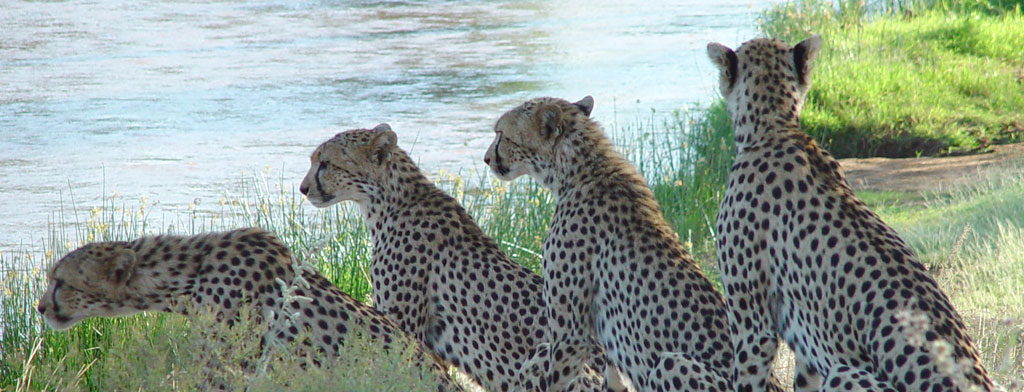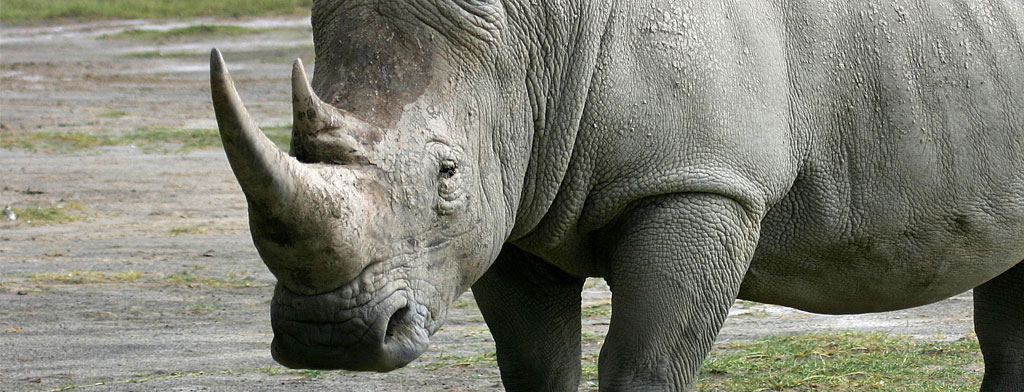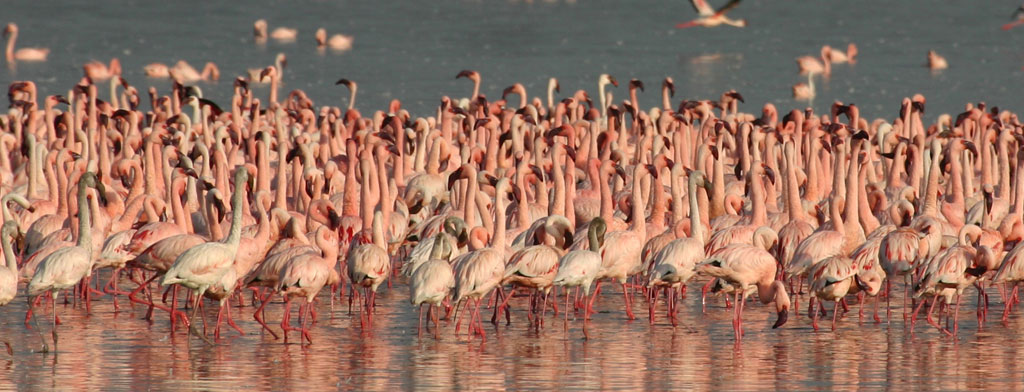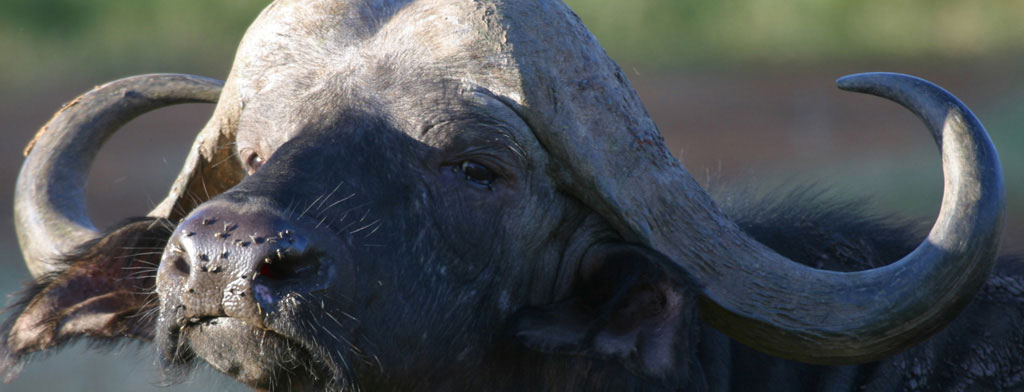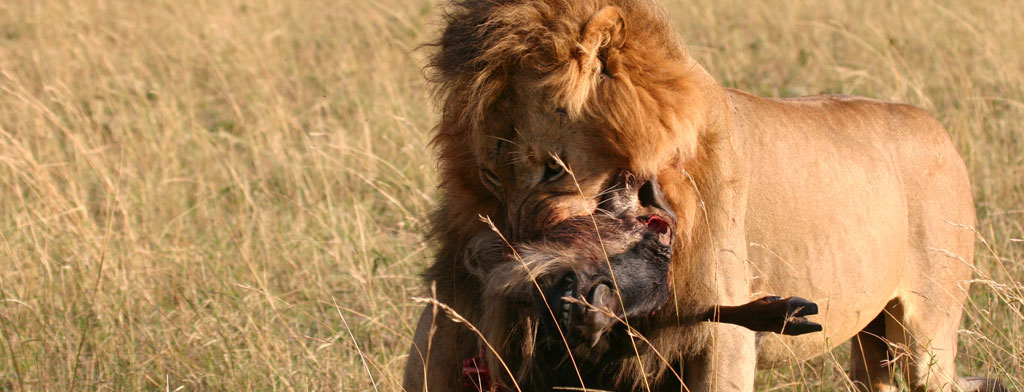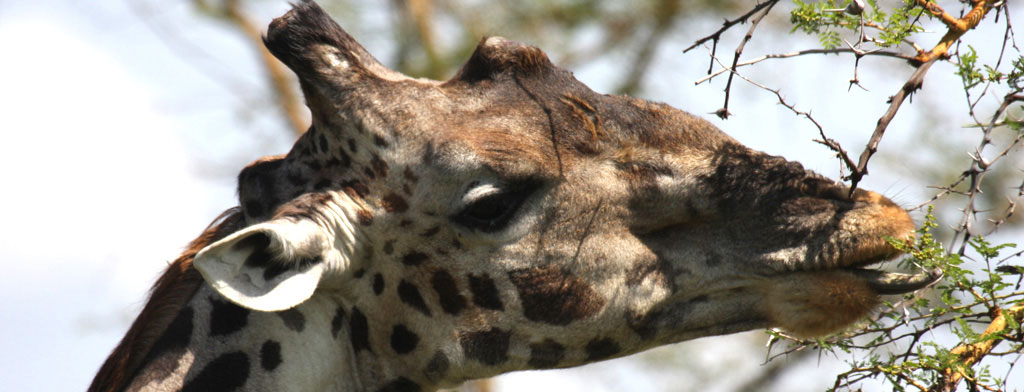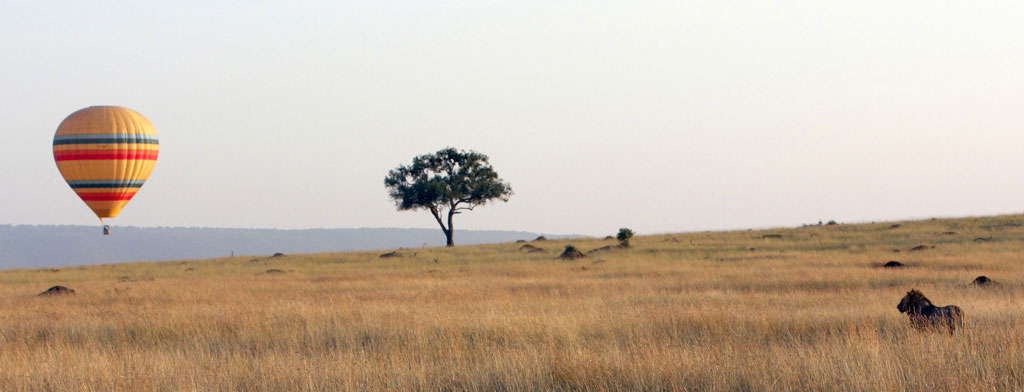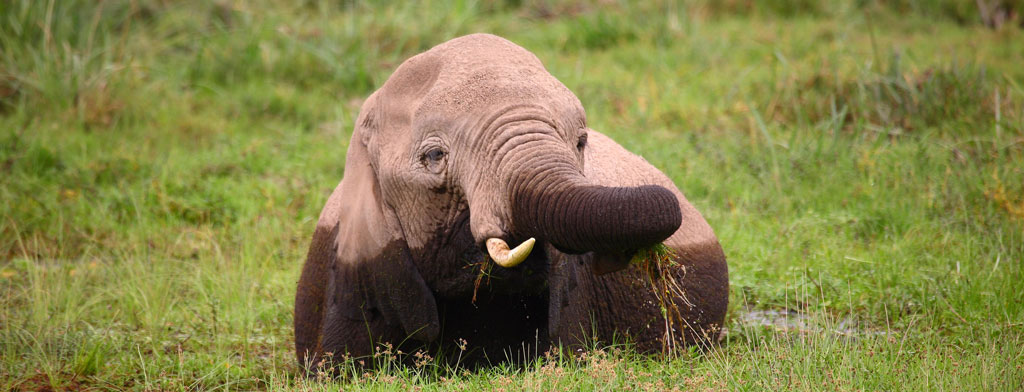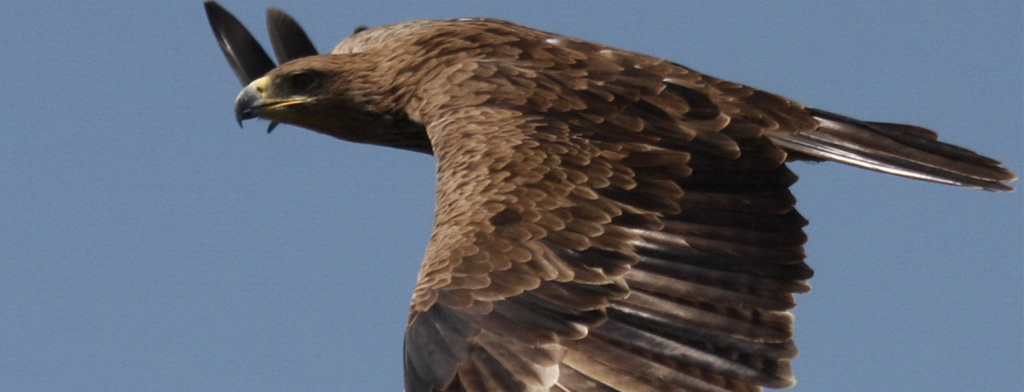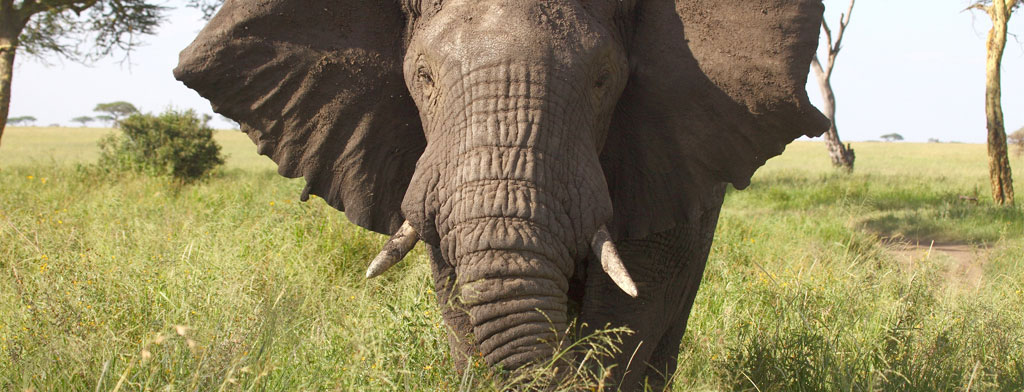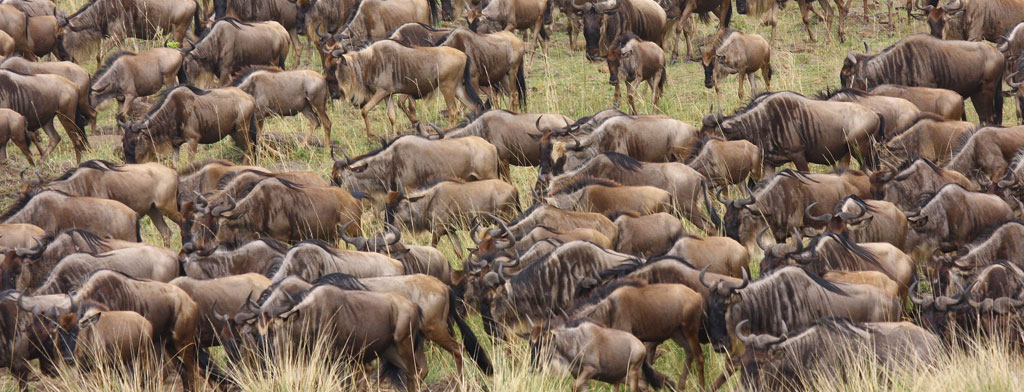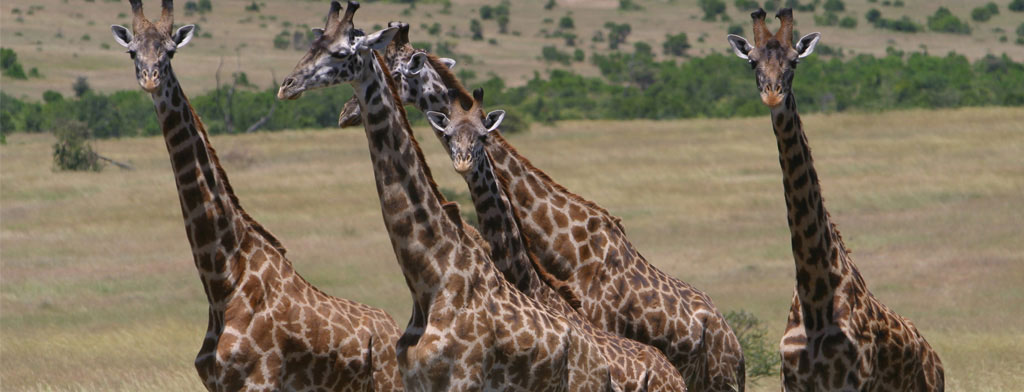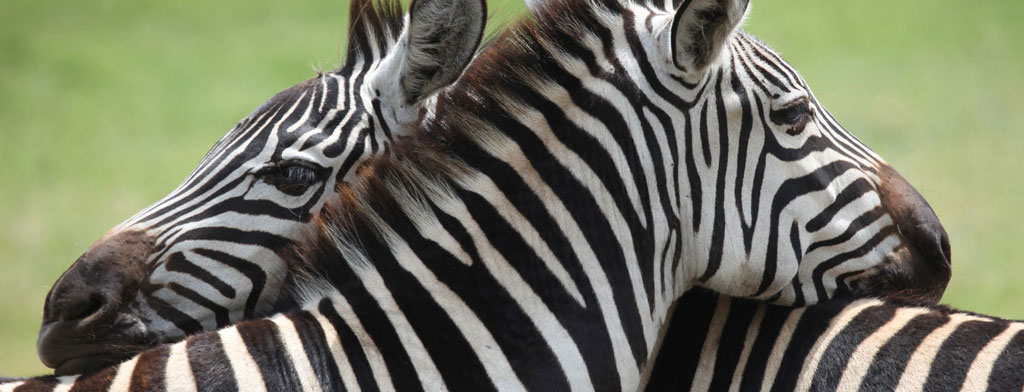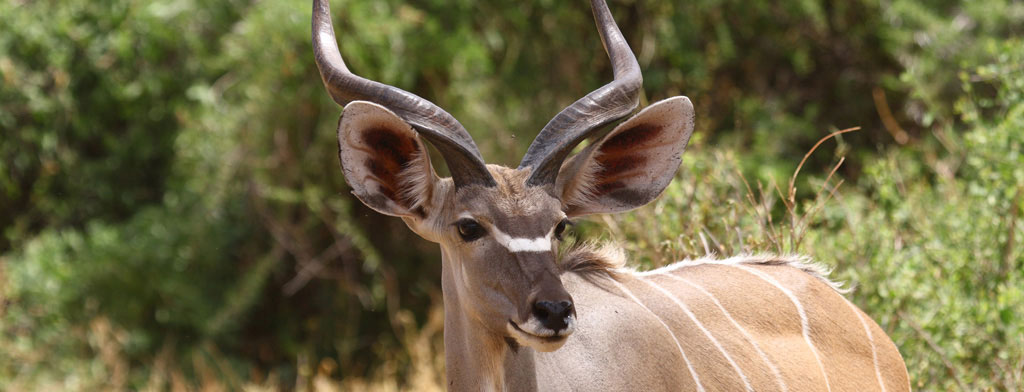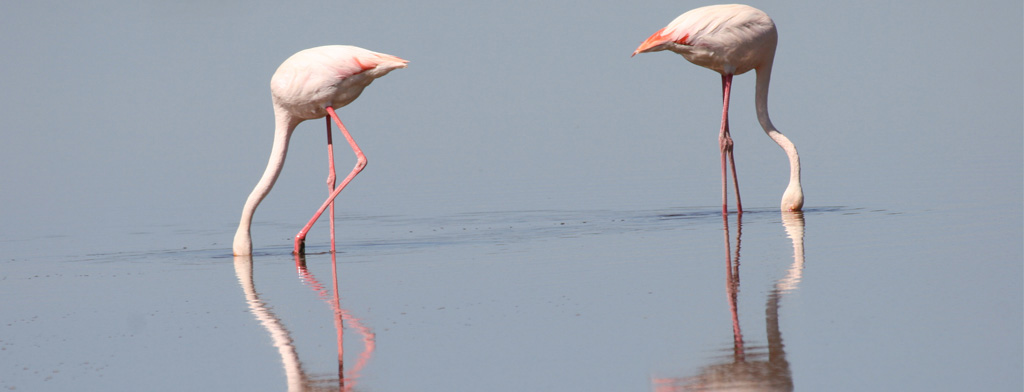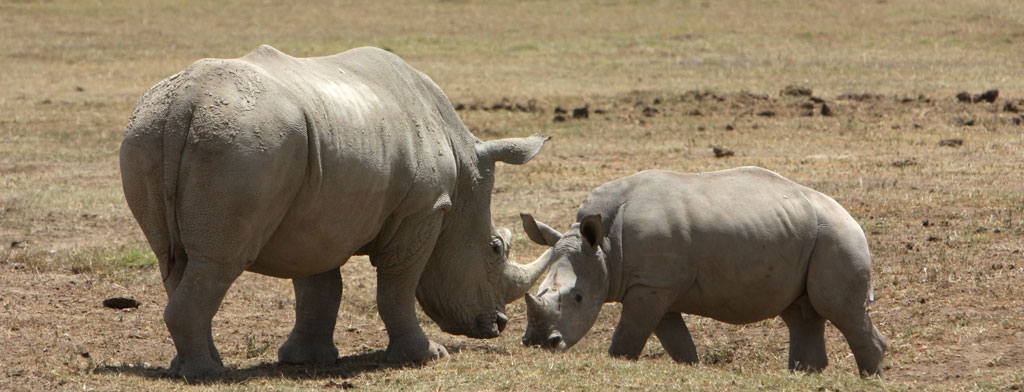 |
capital Dodoma president Jakaya Kikwete currency tanzanian shilling government presidential republic official language swahili, english time zone +2 hours |
|
Tanzania is the Land of Kilimanjaro, Serengeti and Ngorongoro. Only these three famous landmarks evoke in the minds of travellers the very essence of the safari. These wonders are close together in the north and to the south lie the enormous wild reserves of Selous and Ruaha National Park. The island of Zanzibar with its sandy beaches is only 45 minutes flight away. Our safaris depart weekly from Arusha to the parks in the north and from Zanzibar or Dar Es Salaam to Selous and Ruaha reserves in the south.
Climate
Tanzania has a tropical climate. In the highlands, temperatures range between 10 and 26 ° C respectively during cold and hot months. Altitude also makes a big difference. The remainder of the country has temperatures rarely falling below 20 ° C. The hottest period is from November to February (25-31 ° C), while the coldest period occurs between May and August (15-20 ° C).
Tanzania can be divided into two regions according to precipitation. The first, which characterizes the south, the south-west, and the west-central part of the country, sees the rainy season from December to April. The second, which is located in the north and on the north coast, has two rainy seasons, respectively, from November to December (defined as the short rains or Vuli) and from March to May (defined long rains or Masika). The short rains in the north can almost be non-existent.
Recommended vaccinations
Yellow Fever
Vaccination is not mandatory if you depart from Europe and do not stay at an endemic country en route. If you are from or have visited an endemic region then a vaccination is required for any older than one Year. However, its still recommended, since the southern Tanzania areas may pose a very slight risk.
Must be vaccinated at least 10 days before leaving. The vaccine is effective, harmless and immunity lasts 10 years.
Malaria
The risk of malaria, especially in the form of Pl. Falciparum (malignant), exists throughout the year and across the country below 1,800 meters. It has been reported that there is a high resistance of Pl. Falciparum to chloroquine and sulfadoxine-pyrimethamine.
Recommended prophylaxis: atovaquone and proguanil (Malarone), provided that there are no contraindications to be considered case by case: The dosage is 1 tablet per day at night (adults). Dosage should commence one week before entering the area at risk, and up to 2 to 4 weeks after returning, without interruption. In addition, it needs to be remembered that wearing long sleeves and slacks with socks and shoes at night and insect repellent on your hands and back of your neck helps a lot. The malarial mosquito in Africa only flies at night around 9.00 pm onwards.
Recommended clothing
Wear during your safari neutral colours. Avoid dark colours.
